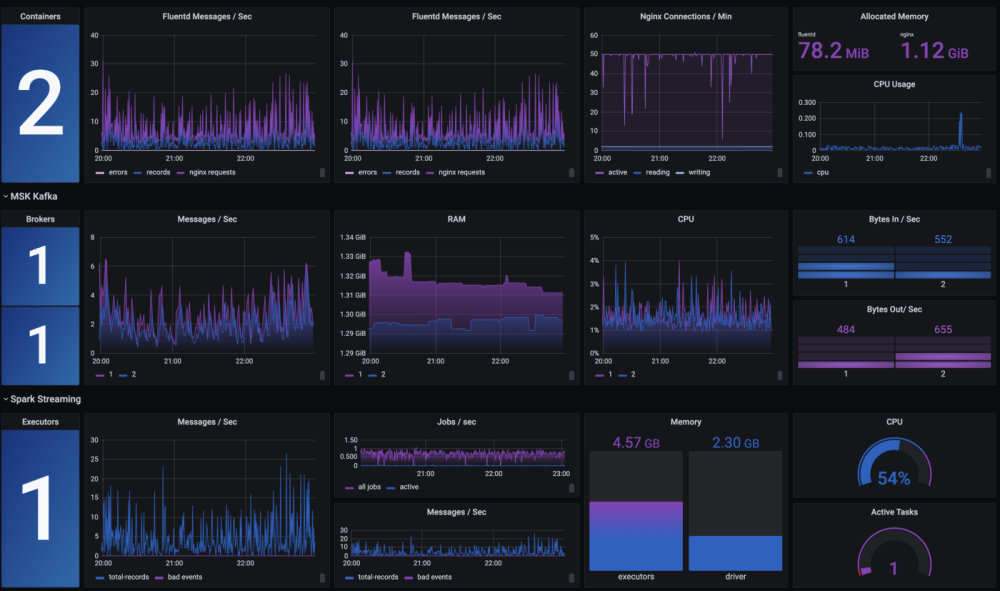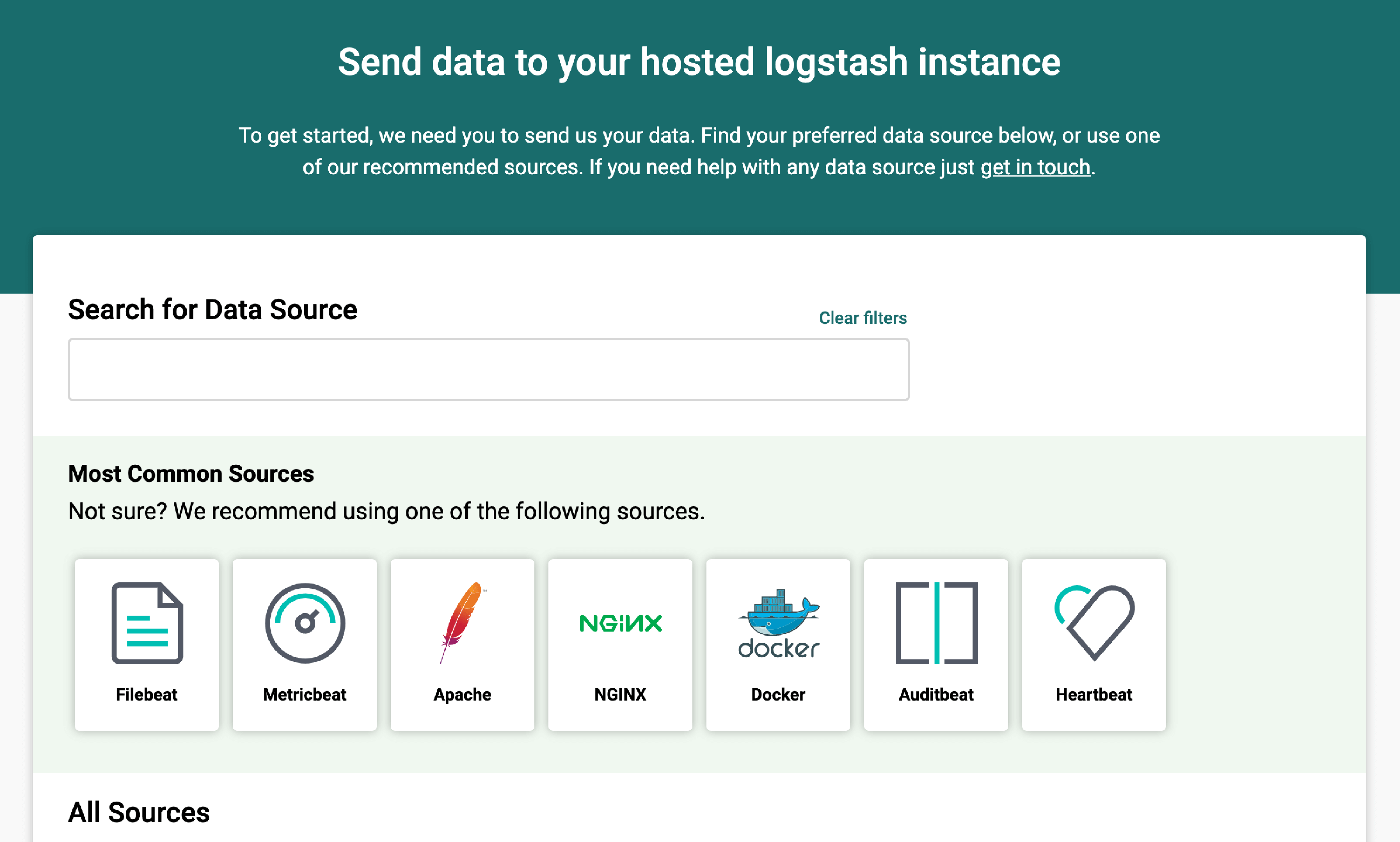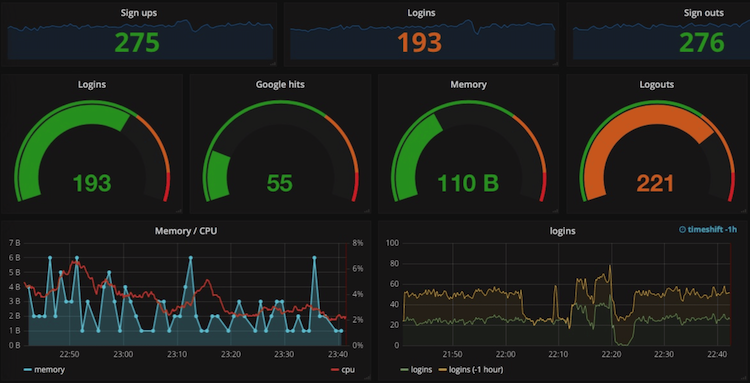Root cause analysis is vital for numerous reasons, a primary example being the process prevents recurrence. By highlighting the underlying causes of issues, organizations can execute corrective actions that address these root causes, instead of just treating the symptoms. This proactive approach assists in creating more resilient systems and processes.
Minimizing costs is important to all organizations and with effective root cause analysis, you can achieve this. Instead of continually dealing with the same problems, organizations can invest resources in implementing permanent solutions. This can reduce expenses associated with downtime, repairs, rework, and customer compensation. Also, stopping incidents that may result in legal liabilities or regulatory fines can save substantial costs in the long run.
Understanding the root causes of defects or quality issues allows your organization to make targeted enhancements to its products or services. By rectifying these root causes, organizations can optimize product reliability, consistency, and performance. This could lead to higher customer satisfaction, increased customer loyalty, and a stronger reputation in the market.











